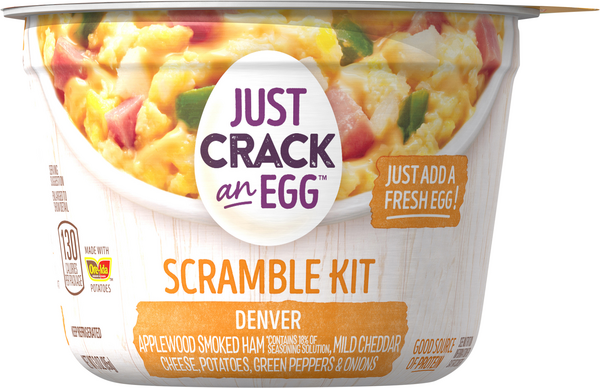
But if you notice that you’re rich in eggs and poor in time to eat them, you can stow them in your fridge to stretch out their freshness.įarmer’s Almanac reports that the eggs you would normally buy in a store are usually already a month old by the time they land in your shopping cart, and they usually have an expiration date that’s another couple of weeks after that. For most folks, a month is plenty of time to get around to your eggs. If you do decide to keep your delicious eggs in the fridge, make sure that they stay refrigerated from that point on. Sick chickens in a factory sometimes go unnoticed because of the sheer volume of birds. Factory chickens are more at risk for illness, partly because of the tight quarters they live in but also because they have less supervision. Chickens in the US aren’t, which means that chickens with the illness might lay eggs with a mucous barrier that is also infected.Īccording to information from Business Insider, factory farming techniques in the US also contribute to salmonella infection risk. In most European countries, chickens are required to be vaccinated for salmonella. If eggs are safe to store without refrigeration, it seems strange that companies would pay the extra money to chill them, right? It all comes down to one key word: vaccination.

As long as the eggs are unwashed, they can remain unrefrigerated safely for about am month according to the folks at The Happy Chicken Coop. While that might not sound appealing, this layer has antimicrobial properties and creates a sort of seal that keeps any unpleasantness from creeping into the egg through the pores in its shell.

When a hen lays an egg, it comes with a nearly invisible protective outer layer made of a thin mucous.


 0 kommentar(er)
0 kommentar(er)
